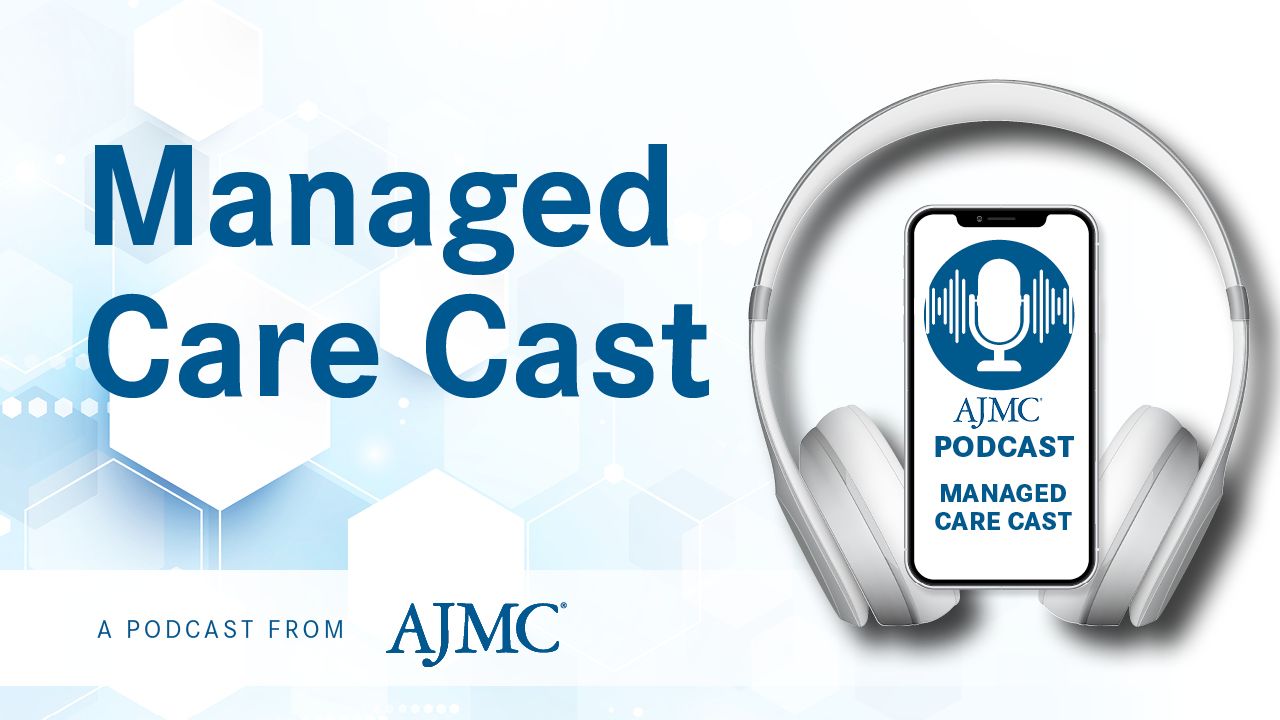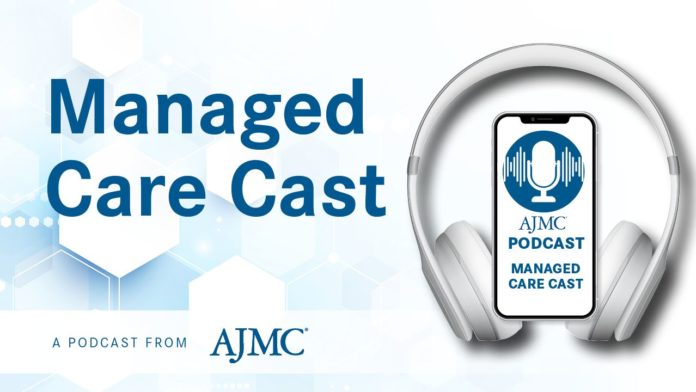
On this episode of Managed Care Cast, we find out about efforts by a managed Medicaid health care plan in Southern California to bring prevention and intervention mental health services to schools in response to a worsening crisis among America’s children and adolescents.
America’s children and teenagers are facing a mental health crisis of epidemic proportions. More than 1 in 3 high school students had worsening mental health during the COVID-19 pandemic and nearly half felt persistently sad or hopeless, according to the most recent figures from the CDC.
Moreover, not everyone is affected to the same degree. Female students, as well as those who identify as lesbian, gay, bisexual, transgender, queer, or questioning (LGBTQ), report higher levels of mental distress and suicide-related behaviors.
On this episode of Managed Care Cast, we speak with Amrita Rai, the clinical director of the Inland Empire Health Plan (IEHP), a managed Medicaid health care plan in Southern California. IEHP is partnering with Molina Healthcare, County Behavioral Health, the education departments in Riverside and San Bernardino counties, and some local school districts and charter schools to implement the Student Behavioral Health Incentive Program, a 3-year state program to expand prevention and early intervention behavioral health services.
This episode discusses why the program is needed, the goals of the program, and some of the reasons why children and adolescents are struggling.
We also discuss 988, an upgrade to the National Suicide Prevention Lifeline number coming July 16, 2022. The number will connect individuals with trained counselors, and, if needed, send specially trained responders with the aim of reducing armed law enforcement interventions.
If you or someone you know is in crisis, help is available by calling the the National Suicide Prevention Lifeline toll-free number, which is 988 beginning on July 16, 2022—or call the existing number, 1-800-273-TALK (8255)—to reach your local certified crisis center.
Listen to an excerpt of the interview above or through one of these podcast services:








